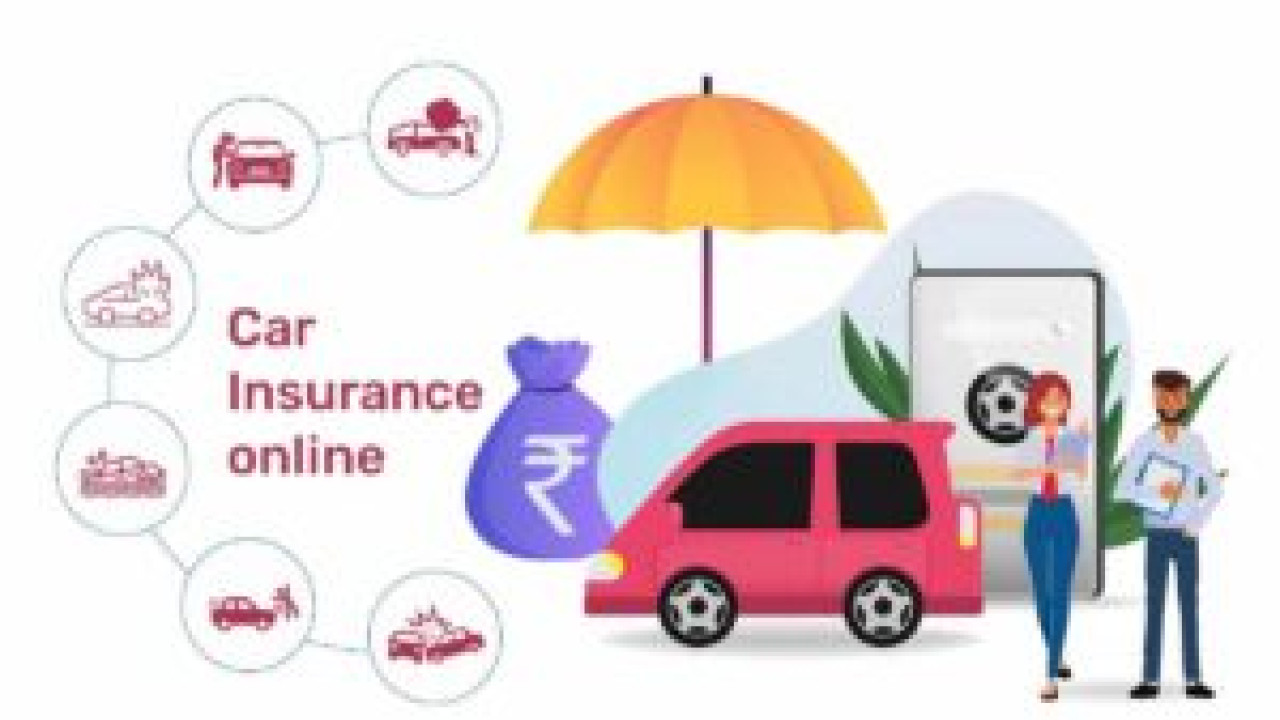The Power of Education: Shaping Lives and Societies
Education is the cornerstone of human development and societal progress. It empowers individuals, fosters innovation, and bridges socio-economic divides. From early childhood education to lifelong learning, the transformative power of education touches every aspect of life. In this article, we will explore the significance of education, its various forms, and its profound impact on individuals and communities worldwide.
The Importance of Education
- Empowering Individuals
Education equips individuals with knowledge, skills, and critical thinking abilities, enabling them to make informed decisions and achieve personal and professional goals. - Promoting Social Equality
By providing access to learning opportunities, education helps reduce inequalities and fosters inclusivity, empowering marginalized groups to improve their quality of life. - Driving Economic Growth
An educated workforce is the backbone of a thriving economy. Education enhances productivity, innovation, and entrepreneurship, contributing to national and global economic development. - Fostering Global Citizenship
Education cultivates values of tolerance, empathy, and global awareness, preparing individuals to address global challenges like climate change, poverty, and conflict.
Types of Education
- Formal Education
Structured and systematic, formal education occurs in schools, colleges, and universities. It follows a curriculum designed to impart specific knowledge and skills. - Informal Education
Learning that occurs outside traditional educational institutions, such as through family, peers, or media. Informal education fosters life skills and personal development. - Non-Formal Education
Organized learning outside formal systems, such as community workshops, online courses, or vocational training programs, catering to specific needs or interests. - Lifelong Learning
An ongoing process, lifelong learning encompasses formal, informal, and non-formal education to adapt to changing personal and professional landscapes.
The Global Impact of Education
- Reducing Poverty
Education is a proven pathway out of poverty. It enhances employability, increases income potential, and promotes financial independence. - Improving Health
Educated individuals are more likely to adopt healthier lifestyles and access better healthcare, leading to improved overall well-being and longer life expectancy. - Advancing Gender Equality
Education empowers women and girls, breaking cycles of discrimination and enabling them to participate equally in social, political, and economic spheres. - Promoting Sustainable Development
Education raises awareness about environmental issues and fosters sustainable practices, contributing to the achievement of global sustainability goals.
Challenges in Education
- Access to Quality Education
Millions of children and adults worldwide lack access to quality education due to poverty, conflict, or geographic barriers. - Digital Divide
The rise of e-learning highlights disparities in technology access, leaving underserved communities at a disadvantage. - Educational Inequities
Systemic inequities, such as gender discrimination and socio-economic disparities, continue to limit educational opportunities for many. - Teacher Shortages
A shortage of qualified educators hampers the delivery of quality education, especially in rural and underserved areas.
The Role of Technology in Education
- E-Learning Platforms
Online platforms like Coursera, Khan Academy, and Duolingo make education accessible to millions, transcending geographical and financial barriers. - AI and Personalization
Artificial intelligence enables personalized learning experiences, adapting content to individual needs and learning paces. - Gamification
Incorporating game-based elements into learning fosters engagement, motivation, and retention among students. - Virtual Reality (VR) and Augmented Reality (AR)
Immersive technologies like VR and AR enhance learning by creating interactive and experiential environments.
Why Education is a Lifelong Journey
- Adapting to Change
In an ever-evolving world, continuous learning helps individuals stay relevant in their careers and adapt to societal changes. - Fostering Personal Growth
Lifelong learning enriches lives by fostering creativity, emotional intelligence, and a sense of purpose. - Building Resilience
Education nurtures critical thinking and problem-solving skills, enabling individuals to navigate challenges effectively. - Creating Opportunities
Continuous learning opens doors to new opportunities, be it in personal pursuits, professional advancement, or societal contributions.









Comments (0)
No comments found